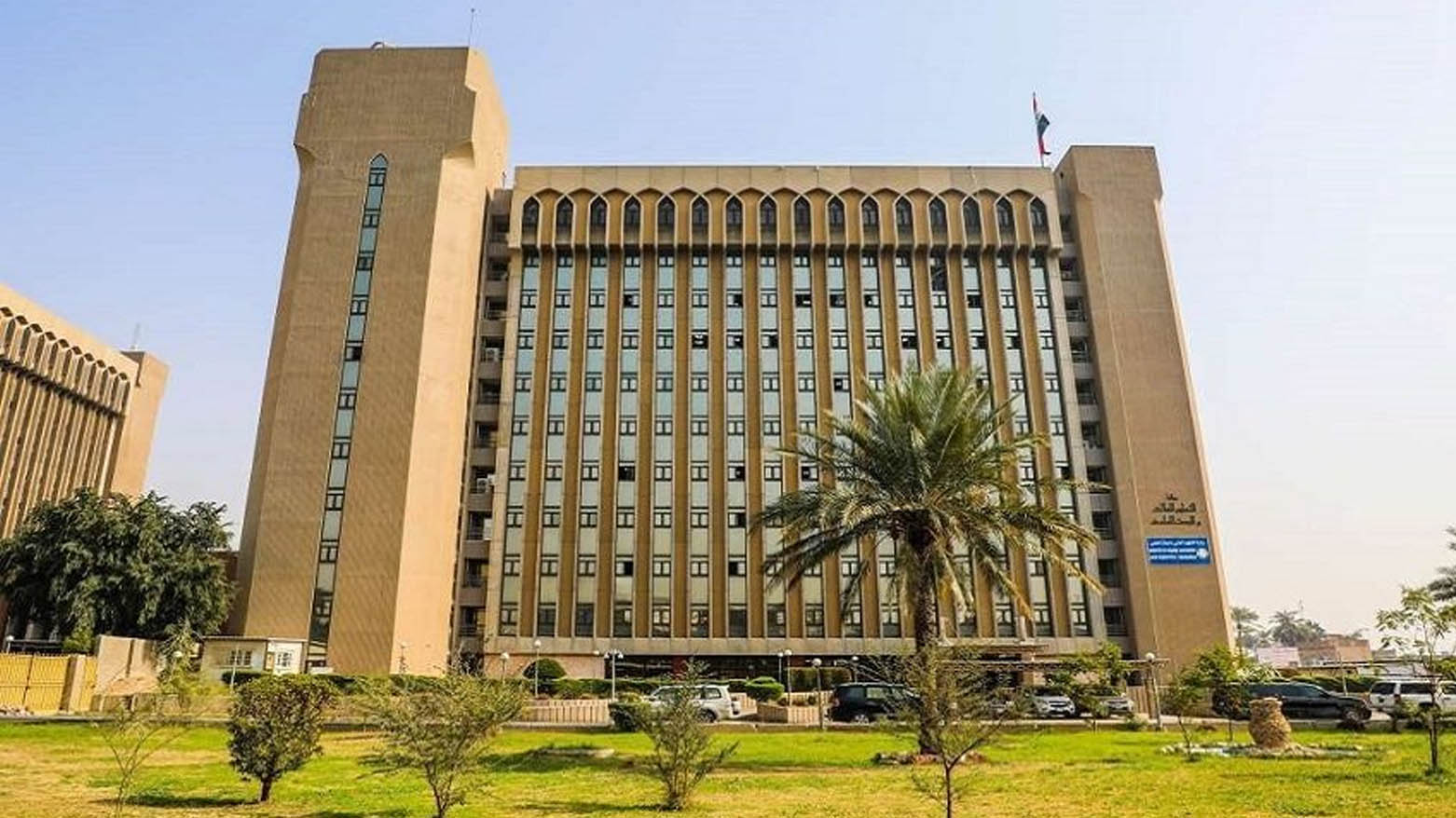Iraqi Higher Education Ministry Reverses Controversial Ban on Kurdish-Language Exam Responses
According to the statement, exams written in Kurdish will be processed using the same mechanism applied in previous years, allowing Kurdish-speaking students to continue responding in their native language without disruption.

ERBIL (Kurdistan24) — Iraq’s Minister of Justice announced Saturday that the Minister of Higher Education has officially reversed a recent policy that banned students from responding to university exam questions in Kurdish at institutions in the Kurdistan Region's areas outside the Kurdistan Regional Government’s (KRG) administrative authority.
The Justice Ministry’s media office said Minister Khalid Shwani held a phone call with Federal Minister of Higher Education Naeem Aboudi, during which the controversial decision—restricting exams to Arabic only and barring translation of questions and answers in Kurdish at universities such as Kirkuk and others—was discussed.
Following the conversation, Aboudi reportedly agreed to resolve the issue by reinstating the same examination procedures used in previous years, thereby allowing Kurdish-speaking students to continue writing their exam answers in Kurdish.
In a related development, the Kurdistan Region’s Ministry of Higher Education and Scientific Research on Saturday strongly condemned the Iraqi federal government’s decision to ban the use of the Kurdish language in university exams in Mosul, Kirkuk, and Diyala. In an official statement, the ministry described the move as a direct violation of Article 4 of Iraq’s permanent constitution and a rejection of the principles of coexistence and federalism.
“Marginalizing the Kurdish language in Iraq’s higher education institutions contradicts the very foundations of the constitution and undermines the spirit of unity,” the statement read.
The ministry urged Baghdad to immediately revoke the decision and work toward turning academic institutions into spaces that promote inclusion, cultural respect, and linguistic diversity for all Iraqis. It also affirmed that it is in active dialogue with relevant federal authorities to prevent the recurrence of such discriminatory measures.
The controversy began after Iraq’s Ministry of Higher Education issued a formal directive on July 16, 2025, informing universities in Kirkuk, Mosul, and Diyala that the long-standing 2010 policy—which had permitted Kurdish-language exam responses followed by an official translation—was no longer valid. The ministry also threatened legal consequences for any university that failed to comply.
The decision was met with sharp criticism from Kurdish academics, who described the move as discriminatory and unconstitutional. In a statement released the same day, the Kurdish academic community condemned the ministry’s directive, calling it “racist” and urging the Iraqi government to immediately revoke what they described as an illegal and unconstitutional order. They also called on the Ministry of Higher Education to issue a formal apology to the Kurdish people.